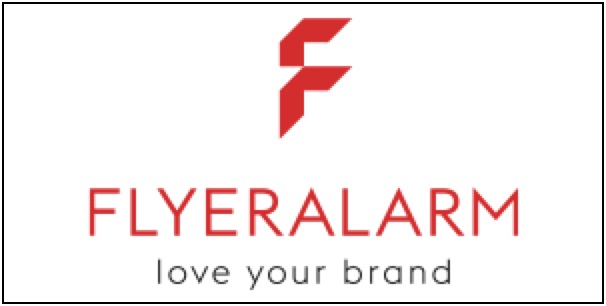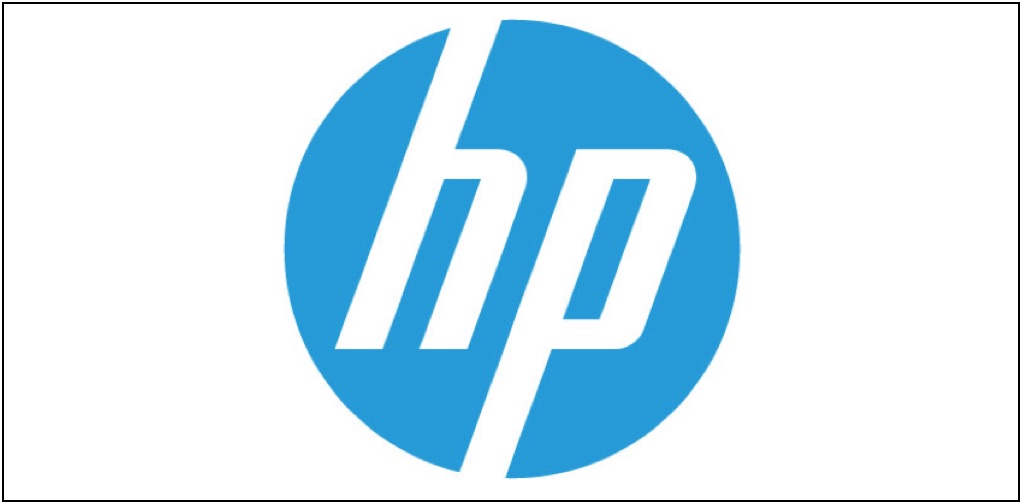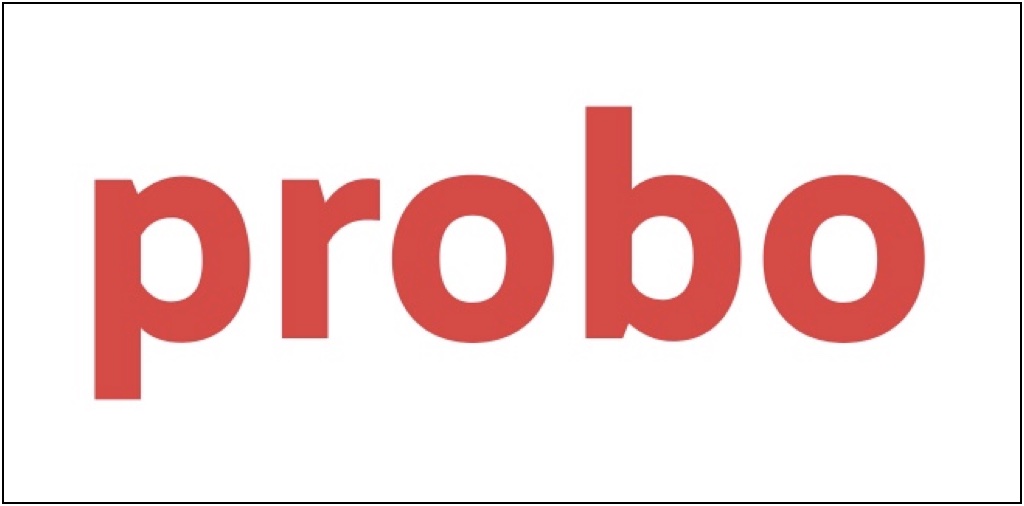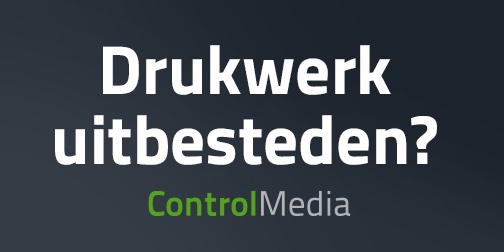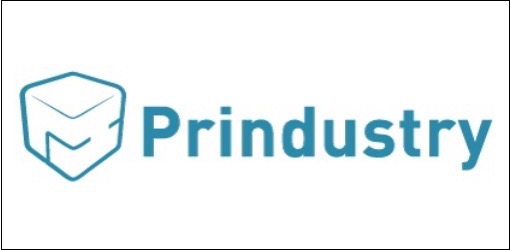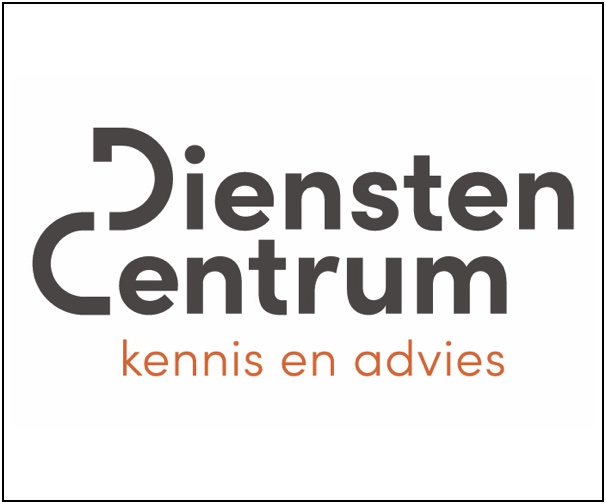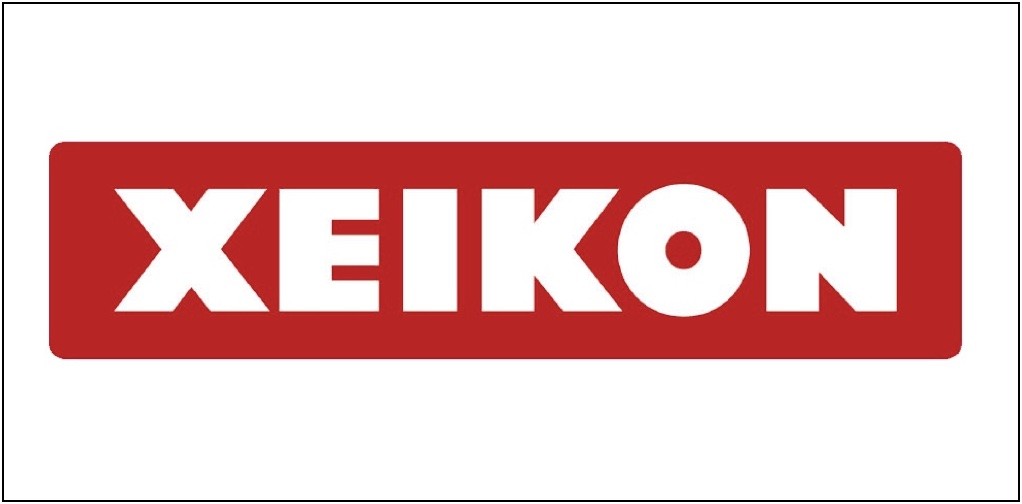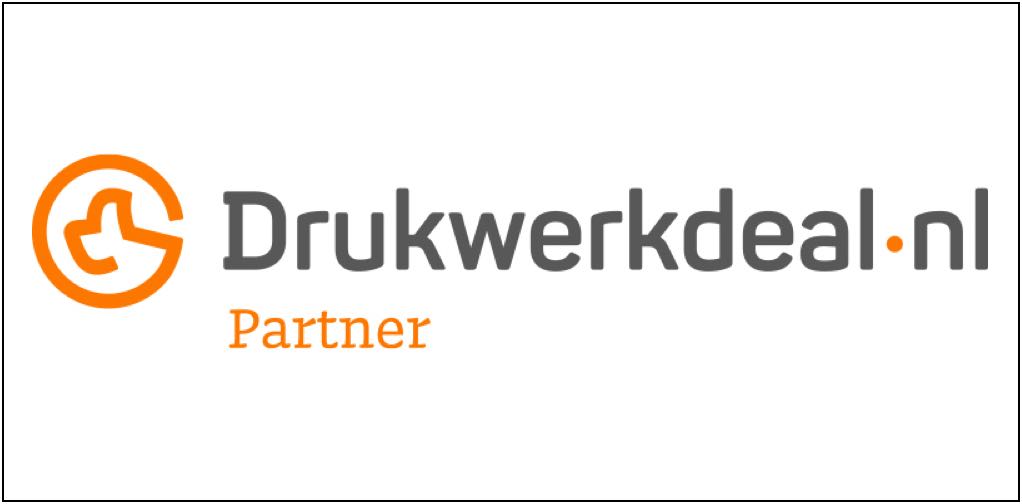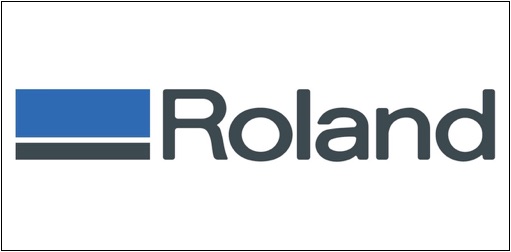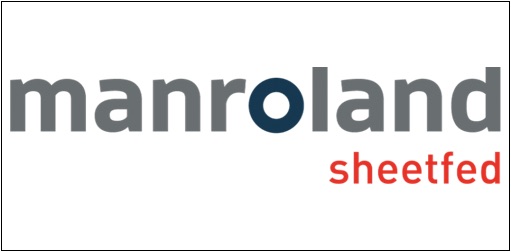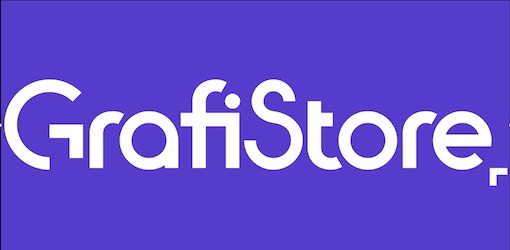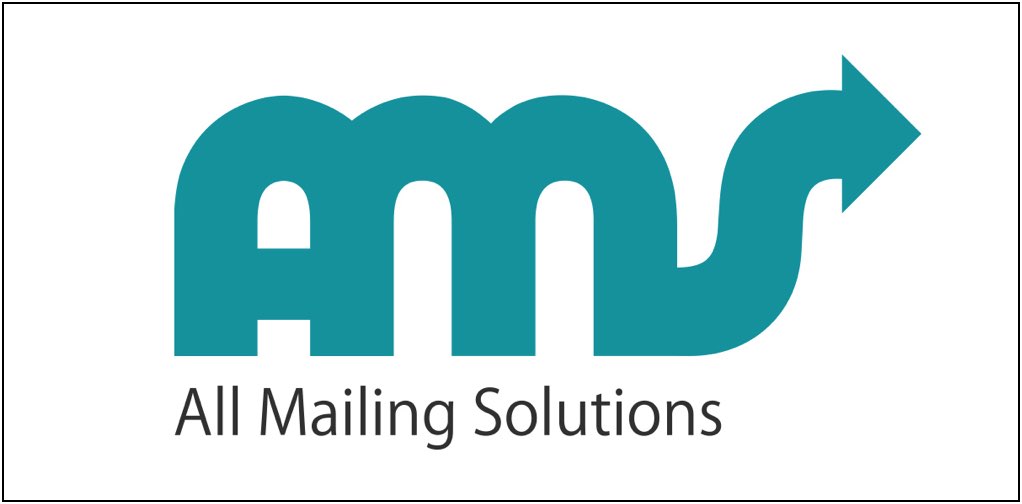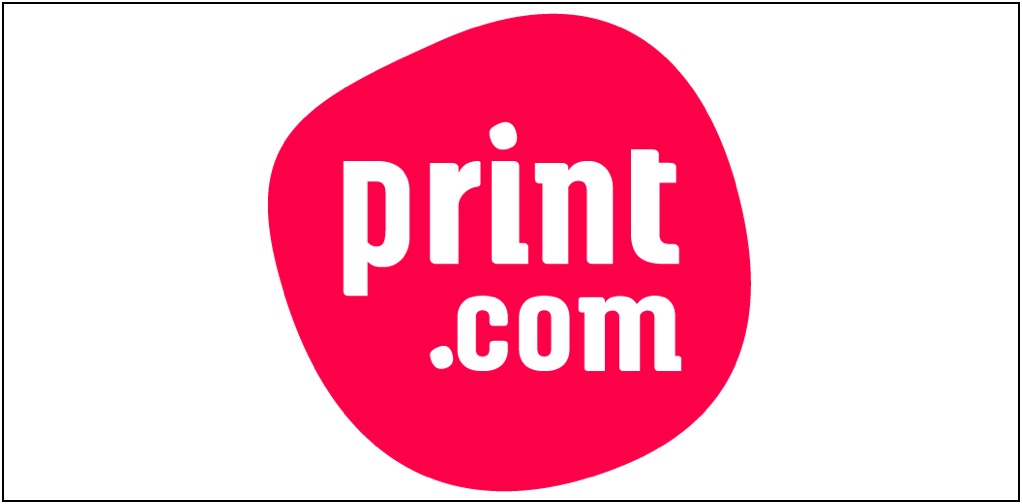Laurel Brunner’s Verdigris Blog: Good enough to eat?
According to the European Union over fifty percent of all goods in Europe are packaged with plastic. This amounts to 39% of the 57 million tonnes of plastics produced in Europe every year and works out at around 30 kg per person per year.
Worldwide the numbers are even worse in economic and polluting terms. According to the Ellen MacArthur Foundation, an NGO, 32% of plastic never makes it to recycling plants. Eight million tonnes of the stuff ends up in the sea every year and an astonishing 95% of plastic packaging value is lost to the global economy. This amounts to some US$80-120 billion every year. That is probably more than the global profits packaging generates.
Dealing with the environmental impact of plastic waste is not only about getting more of it into the recycling supply chain. Processing the waste that doesn’t get recycled carries a huge cost, numbered in the tens of billions of dollars. Packaging is necessary, however it doesn’t have to be evil. A couple of developers have come up with new forms of packaging based on sugar cane.
Tetrapak reckons that its Tetra Rex material is the world’s first fully recyclable packaging material. It has been successfully trialed for milk products at Valio, a Finnish dairy, and has been rolled out worldwide for dairy and nondairy liquids. The material combines a sugarcane based plastic that has complete traceability certified by Vinçotte a Belgian accredited inspection and certification outfit, with FSC certified board. Braskem, the Brazilian chemical company that produces the plastic, uses for its raw materials sugar cane grown on degraded pastures. Compared to conventional polyethylene, on a per kilo basis Tetra Rex polyethylene cartons have 4 kg less carbon. Because they biodegrade readily, costs associated with recycling and waste processing are also much lower.
Tetrapak is not alone in coming up with new ideas for plastic packaging. Hovis, a baker, packages bread in plastic bags that are also made from polyethylene created from sugar cane. Hovis has been working with Amcor Flexibles, the market leading Australian developer of packaging materials. Amcor has operations in 43 countries worldwide and their sugar cane based plastic has reduced the carbon footprint used in selected Hovis breadbags by 75%.
These alternatives biodegrade much more quickly than conventional plastics but you probably wouldn’t want to eat them. Even so, polyethylene based on harvested sugar cane is a sweet solution for cutting carbon in packaging.
Laurel Brunner
The Verdigris project is an industry initiative intended to raise awareness of print’s positive environmental impact. It provides a weekly commentary to help printing companies keep up to date with environmental standards, and how environmentally friendly business management can help improve their bottom lines. Verdigris is supported by the following companies: Agfa Graphics, EFI, Epson, Fespa, HP, Kodak, Kornit, Ricoh, Spindrift, Splash PR, Unity Publishing and Xeikon.
De trainingen voor 2022 staan gereed. Kijk voor het volledige online aanbod van bestaande- en nieuwe trainingen op de website.
BLOKBOEK.COM EN PRINTMEDIANIEUWS: HET OPTIMALE DOELGROEP BEREIK






